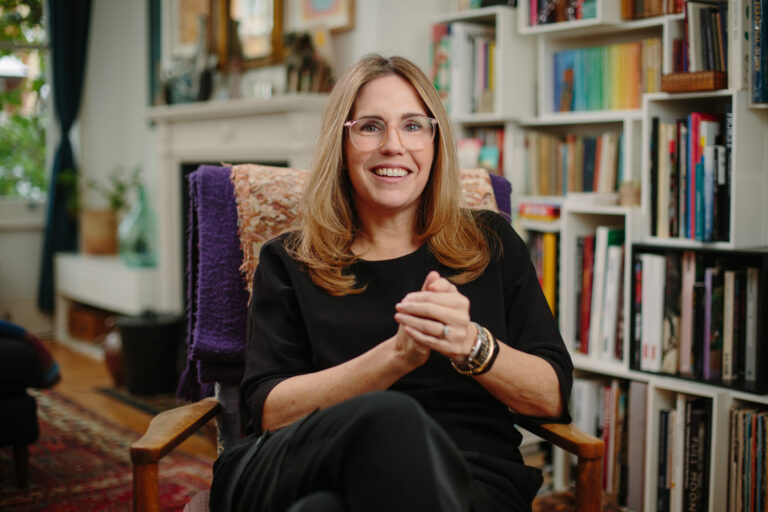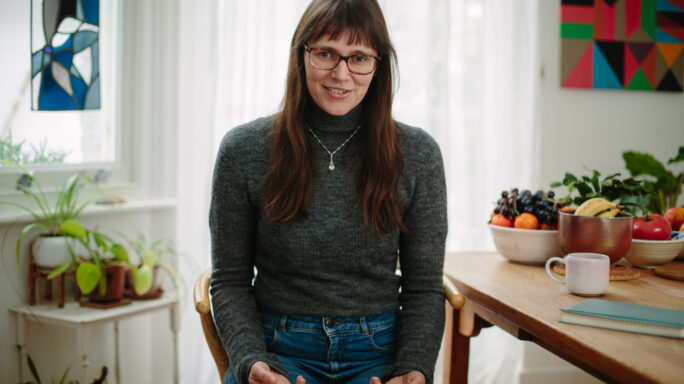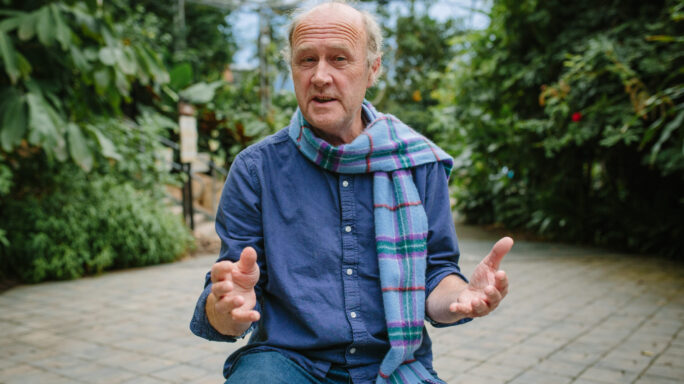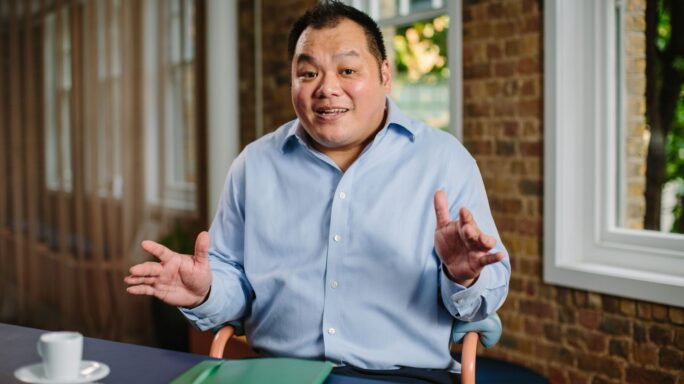Season 3: Building business resilience
Why all businesses should give their time to do good
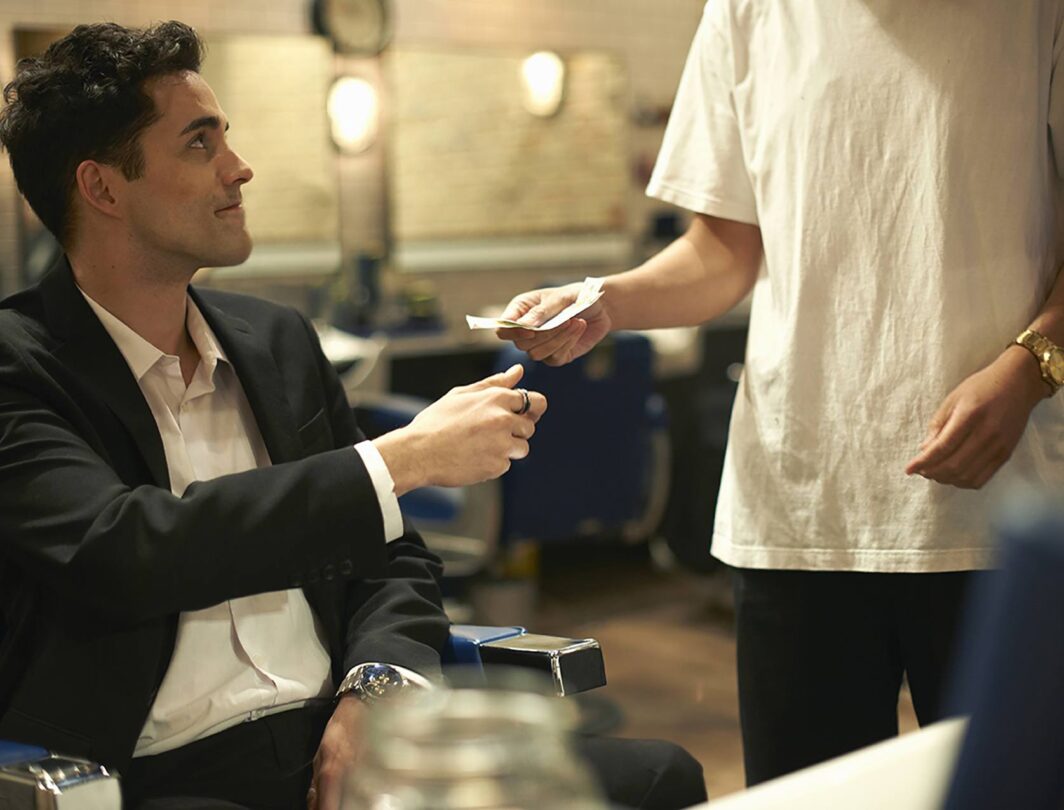
Seven years ago, I had an epiphany: time is our most valuable asset. Unlike money, we can’t earn more time. Once it’s gone, it’s gone forever.
Most of us are familiar with this idea when we think about spending time with the people we care about. But we are less familiar when it comes to business. Of course, every business needs to be financially successful. As a hairdresser, I know the salon needs clients to survive.
But here’s the thing. When we give our time to people, local communities, charities, and grassroots organisations, our businesses gain purpose, and resilience and grow as a result.
Joshua coombes
Let me explain
It was 2015, and I was working in a high-end hair salon in London – I had a busy clientele; I could pay my rent and do everything I wanted. I hadn’t ever thought about using my skills and time to do good. Until one evening, I did something that changed my life forever.
While walking to a friend’s house after work, I stopped to talk to a homeless man I’d seen in the same spot a few times before. I’d bought him some food and given him some spare change in the past. But this time, I stopped and thought:
Why don’t I give him a haircut?
I had my scissors, my clippers – everything I needed to give someone a haircut right there on the street. We got chatting, he introduced me to a couple of his friends, and I cut their hair too. Soon I was cutting hair on the streets of London as often as I could.
Primarily, I wanted to make someone feel better about themselves. But it was the connection and friendships I built with people that kept me coming back.
I realised I wasn’t just cutting hair; I was giving people my time – the most valuable asset I own. I shared stories from our conversations on social media and #DoSomethingForNothing was born – a movement of compassion that encourages thousands of people to connect their skills and time to those who need them.
A purpose beyond my service
Suddenly my work as a hairdresser felt deeper.
My boss supported my decision to give haircuts to homeless people on my days off and there was a ripple effect across the business. Our clients became more interested, curious, and engaged – they even tipped us more because they wanted to help.
Small company to household name
Since then, I’ve worked on several projects with brands and businesses on a global scale, helping them understand their social impact and be of service to people.
One of them was TOMS, a brand known for its casual shoes and giving back. For every pair of TOMS shoes purchased, a pair of new shoes is given to a child in need in partnership with humanitarian organisations. TOMS has grown from a small company to a household name because they have a bigger purpose beyond the product.
There are three things I’ve learnt from this journey:
- A deeper consciousness of your wider mission for society doesn’t have to affect your annual turnover negatively. I believe in time, it will bring much more abundance.
- Being genuinely present with one another forges deeper connections. It is the glue that binds us together, creating more resilience when a business faces challenging times.
- Serving your community and giving back allows us to get outside ourselves, gain a new perspective, and make a greater impact.
The idea of doing something for nothing is not exactly what it says on the tin. Because when you do something for nothing, you will get a huge amount out of it too.
